You have likely heard the term “hard water”, but you might not know what it means and why it is a bad thing for your home. Water described as “hard” contains high amounts of dissolved calcium and magnesium. While hard water is not necessarily a health risk, it is a nuisance. The hard water can cause mineral buildup on plumbing fixtures and can lead to poor soap and or detergent performance.
Moreover, hard water can cause some bodily issues such as dry skin and dull hair. Fortunately, there is a solution to this problem: installing a water softener system. In this blog, we’ll discuss the benefits of water softeners, the different types available, and how to install them.
What Is A Water Softener System?
A water softener is a device that removes minerals like calcium and magnesium from the water by exchanging them with sodium or potassium ions. This process is called ion exchange, and it helps to eliminate the effects of hard water.
How Does A Water Softener Work?
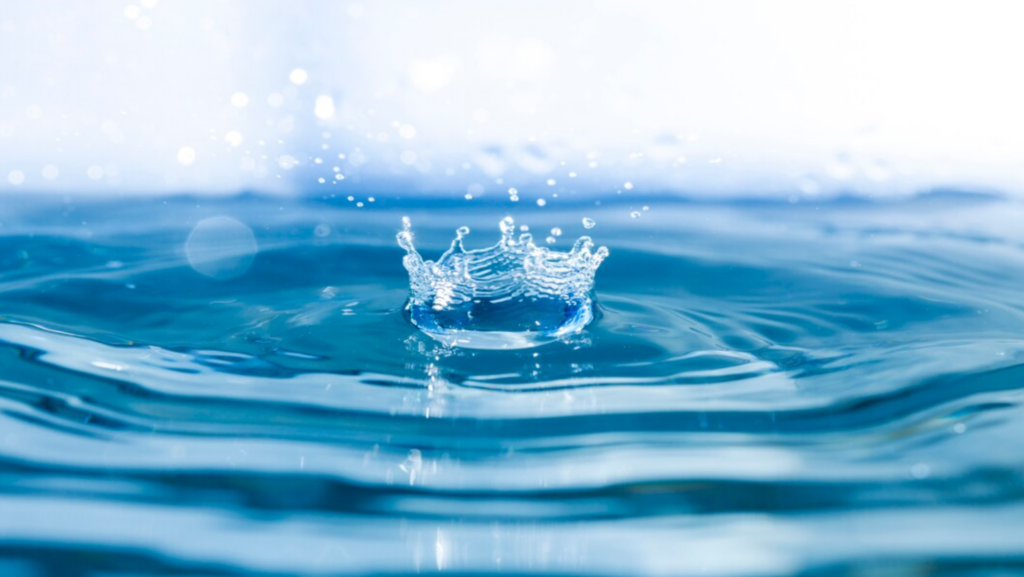
Resin beads inside the water softener trap the calcium and magnesium and exchange them for sodium or potassium. Once the resin beads become full of calcium and magnesium, a highly concentrated salt or potassium solution removes the calcium and magnesium from the beads. After passing through the beads, the resulting chloride solution becomes a waste stream that goes down the drain and ultimately into the environment.
Do I Need A Water Softener?
There is no requirement to soften your water. The decision to soften is a personal choice that can affect your home and the environment. If your water’s hardness is greater than 7 grains per gallon or 120 mg/L, then you might need a water softener to ensure your appliances run well and to improve the taste, smell, or look of your water.
Benefits Of Water Softeners
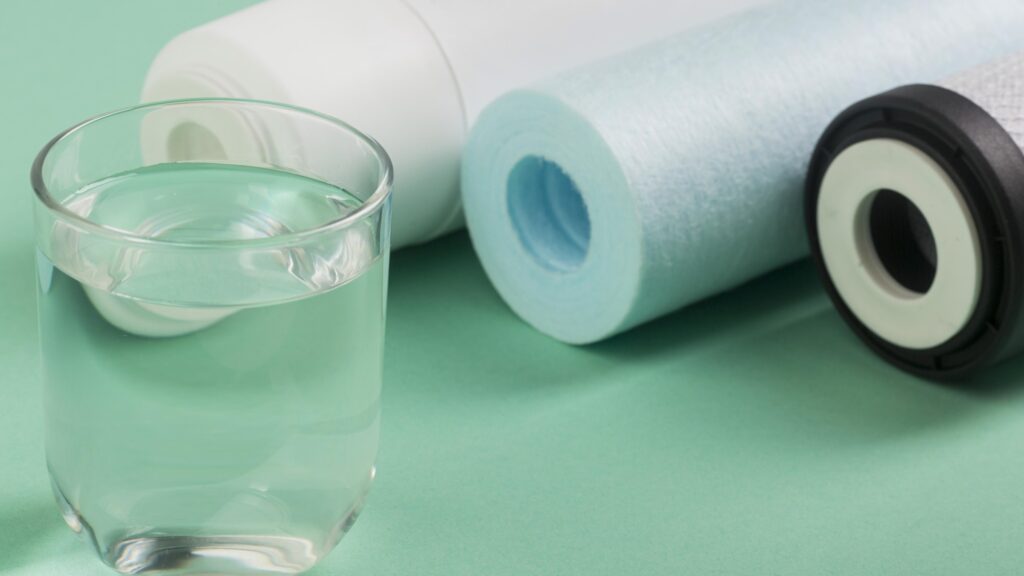
There are many benefits to installing a water softener in your home. Some of the possible benefits include:
Better skin and hair: Hard water can make your skin dry and itchy, and your hair dull and lifeless. With soft water, you’ll notice a significant improvement in skin and hair health.
Longer appliance life: The minerals in hard water can cause build-up in your appliances, leading to damage and a shorter lifespan. A water softener can extend the life of your appliances and reduce the need for repairs or replacements.
Better laundry: Soft water requires less detergent, and it helps to prevent the build-up of minerals in your clothes. This results in brighter, softer, and longer-lasting laundry.
Reduced plumbing issues: Over time, hard water can cause build-up in your pipes, leading to clogging and reduced water flow. Soft water can prevent this issue and help to prolong the life of your plumbing.
The Drawbacks Of Water Softeners
While water softeners have plenty of benefits, there are also some drawbacks that come along with installing a water softener system in your home. Here are some of the key disadvantages:
Can corrode your pipes: The corroded metal from the pipes can end up in your water. This can contribute to elevated lead and copper levels in drinking water.
Health considerations: Potential health effects from additional sodium in your water.
Requires frequent testing: Regular testing of the water and maintenance of the softener is necessary to make sure the softener is working properly.
Types Of Water Softeners
Before deciding to get a water softener system, it is important to know the different systems available and how each of them works. There are three main types of water softeners:
Salt-based: The most common type of water softener that uses salt to remove minerals from the water.
Salt-free: Uses a filter instead of salt to remove minerals. This type is ideal for those who want to reduce their sodium intake or avoid adding salt to their water.
Dual tank: Consists of two tanks; one is used for ion exchange, while the other is being recharged. This type is ideal for households with high water usage.
Installation Of Water Softener
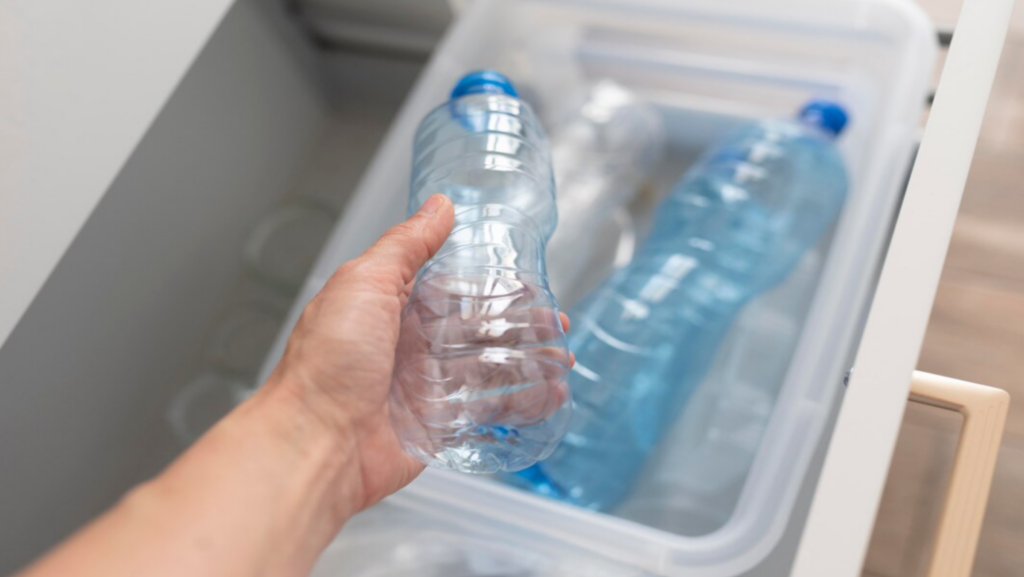
Installing a water softener system requires some plumbing skills, and it’s best to hire a professional plumber to do the job. The installation process involves identifying the water main, finding an appropriate location to install the system, and connecting all the necessary pipes and fittings.
It is best to soften only what you need to. People often choose to soften showers, sinks, and laundry hookups. Toilets, hoses, basement sinks, and other cold water taps typically do not need to be connected to a softener.
Conclusion
Investing in a water softener system is an excellent decision for any homeowner who wants to improve the quality of their water and prolong the lifespan of their appliances. With different types of water softeners available, you can choose the one that best suits your needs. If you’re unsure about the installation process, hire a professional plumber who can guide you through the process and ensure that your system is installed correctly.
Say goodbye to hard water and enjoy all the benefits of a water softener system. Provincial Smart Home Services is here to help you along every step of your sustainability journey. If you would like to learn more about the water softener system, call one of our expert energy advisors and they will help you decide if this system is right for your home.
Related Posts
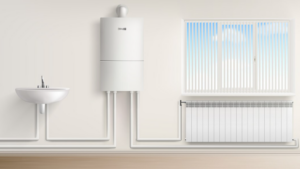
Heat Pump Water Heaters: Your Complete 2024 Guide
Considering a heat pump water heater in 2024? Our guide details operation, benefits, top brands, costs, sizing, and upkeep tips.
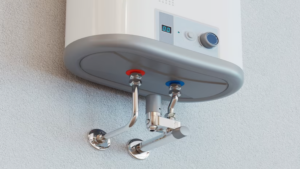
8 Quick and Easy Water Heater Maintenance Tips
Discover water heater maintenance tips and tricks to help you save money and make your home more energy-efficient.
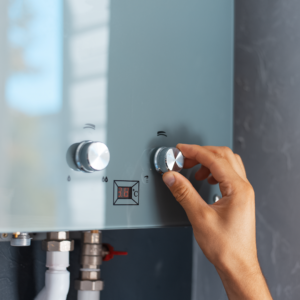
7 Signs You Need a New Electric Water Heater this Winter
Learn how an electric water heater saves money and helps the environment. Know when to replace your old heater with a new energy-efficient electric model.

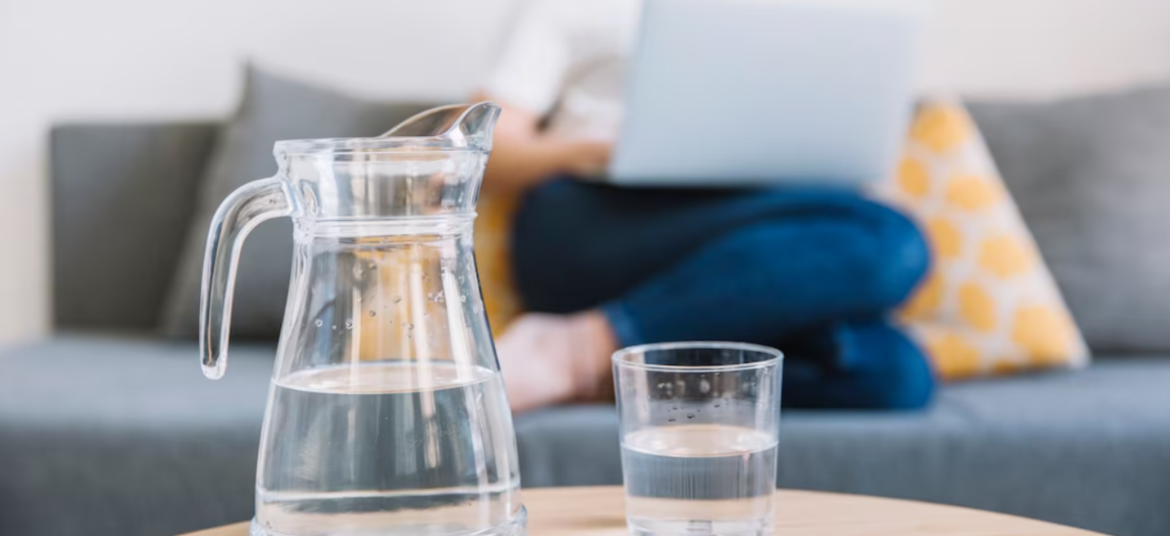
No Comments